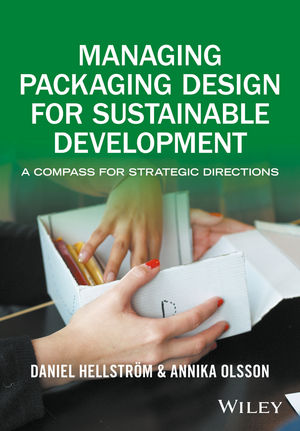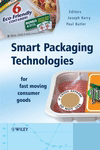Brand Packaging
Reusable Packaging Solutions for Pantry Staples
UK-based grocery delivery service Dizzie brings reusable containers to the masses

Courtesy of Blond/Dizzie
The UK online grocery delivery service Dizzie offers the ability for its customers to embrace reusable packaging, with monthly grocery items—including pantry staples—delivered in reusable pots. Blond, a London-based design studio, created the containers. Consumers simply hold onto the empty containers for subsequent collection by Dizzie, which then washes and sanitizes the containers for reuse.
Blond reports that this design project posed its share of design challenges. As noted on its website: “The pots needed to be hard-wearing but still recyclable at the end of their life. They needed to be made from materials that could stand up to reuse and industrial dishwashers while being cost-effective to manufacture. It was important that a variety of sizes be available for the various food types, but on the other hand, too many could overcomplicate the service. Logistics added further challenges: The pots needed to stack together when not being used to save space in the warehouse and reduce the carbon footprint while transporting them. Finally, the pots needed to be designed in a way that would ensure simple and effective cleaning when returned to the Dizzie warehouse.”
Blond found inspiration for its space-saving challenge via the bento box: “Early ideation uncovered a simple solution to a complex problem: nesting and tesselating pots. Inspired by the stacking format of a bento box, our design comprises of three sizes of pot (small, medium, and large), designed to nest together when filled by being fractions of one another. For example, one large pot is equal to three small pots, and one medium pot is equal to two small pots. Not only does this help with shipping — it also helps the customer to keep an organized and clutter-free cupboard (if they choose to keep the pots, as opposed to decanting them). Once decanted, the tapered sides of the pot allow the empty vessels to nest together more tightly, meaning that the consumer does not need to arrange collection for every order — further reducing the carbon footprint of the Dizzie service.”

Courtesy of Blond/Dizzie
Every detail counts in the design of the pots. According to Blond: “Although the Dizzie pots may seem simple, a lot of thought has been paid to various needs of a circular packaging product, for example; a small ridge near the opening allows the pot to be held in autonomous filling machines — and the tapered internal has been designed to be as clutter-free as possible; to allow them to be easily cleaned with Dizzie’s state-of-the-art industrial dishwashers.”

Courtesy of Blond/Dizzie
Sustainability is at the core of the pot design: “The pots are made from a biocomposite — which consists of wood fibers and bio-polypropylene (waste and residue oils). The wood fibers are a byproduct of the forestry industry and come from sustainably harvested forests, including the forest around the biocomposite production facility. Using this biocomposite means that the Dizzie pots are made from 98% renewable materials. Being designed and built for circularity, the Dizzie pots are re-used as many times as possible. Initial tests indicate that they can be reused 100+ times. At the end of their life, they are 100% recyclable. Additionally, Dizzie can return the pots to the manufacturer to be recycled into the same objects, creating a closed-loop process.”
Source: Blond
Looking for a reprint of this article?
From high-res PDFs to custom plaques, order your copy today!








